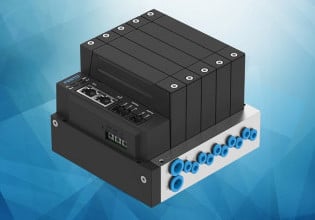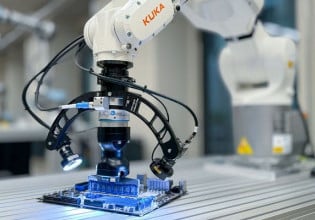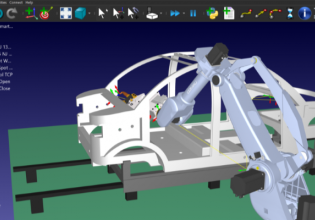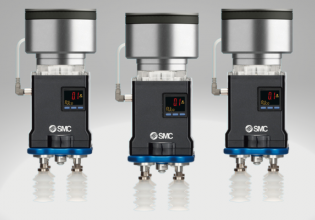When working with control engineers and technicians, I seem to hear the same two competing answers come up in discussions - the most important tool for the engineer or technician who chases the shop floor - a multimeter or a good old screwdriver?
Most everyone seems to agree they are both important, but one locates the problem and the other fixes the problem, and people seem to disagree which is the more useful, so I am curious to learn more.
Do you agree with one of these opinions, or do you have a different answer entirely?
Would love to hear your thoughts.
Most everyone seems to agree they are both important, but one locates the problem and the other fixes the problem, and people seem to disagree which is the more useful, so I am curious to learn more.
Do you agree with one of these opinions, or do you have a different answer entirely?
Would love to hear your thoughts.






